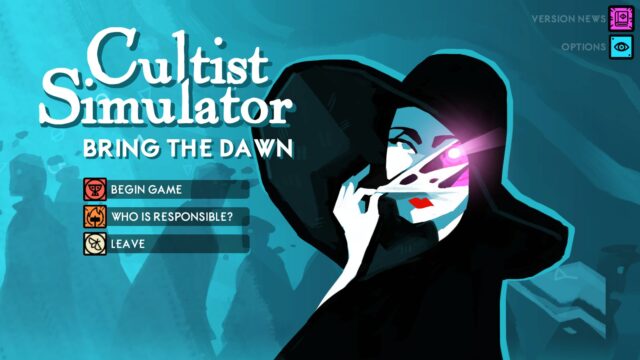Impostor Factory Review: A Beautiful Fragile World

Impostor Factory – A short story about how the hero, invited to a party at a wealthy mansion, suddenly discovers that the hosts of the house are dead. Murdered, to be precise. Classic locked-room detective story!
Or not. This is a story about how the hero (the same one) finds a time machine in the mansion – built into the sink in the toilet. You can wash your hands and simultaneously travel back in time. Convenient!
Or not. Because people keep dying (it happens), and time travel doesn’t help the situation at all (you would think it should!), and what does Longcat, the famous internet meme, have to do with it, and why are there tentacles, and who taught the rice cooker to speak?.. And, in general, I just told about a quarter of the plot teaser.
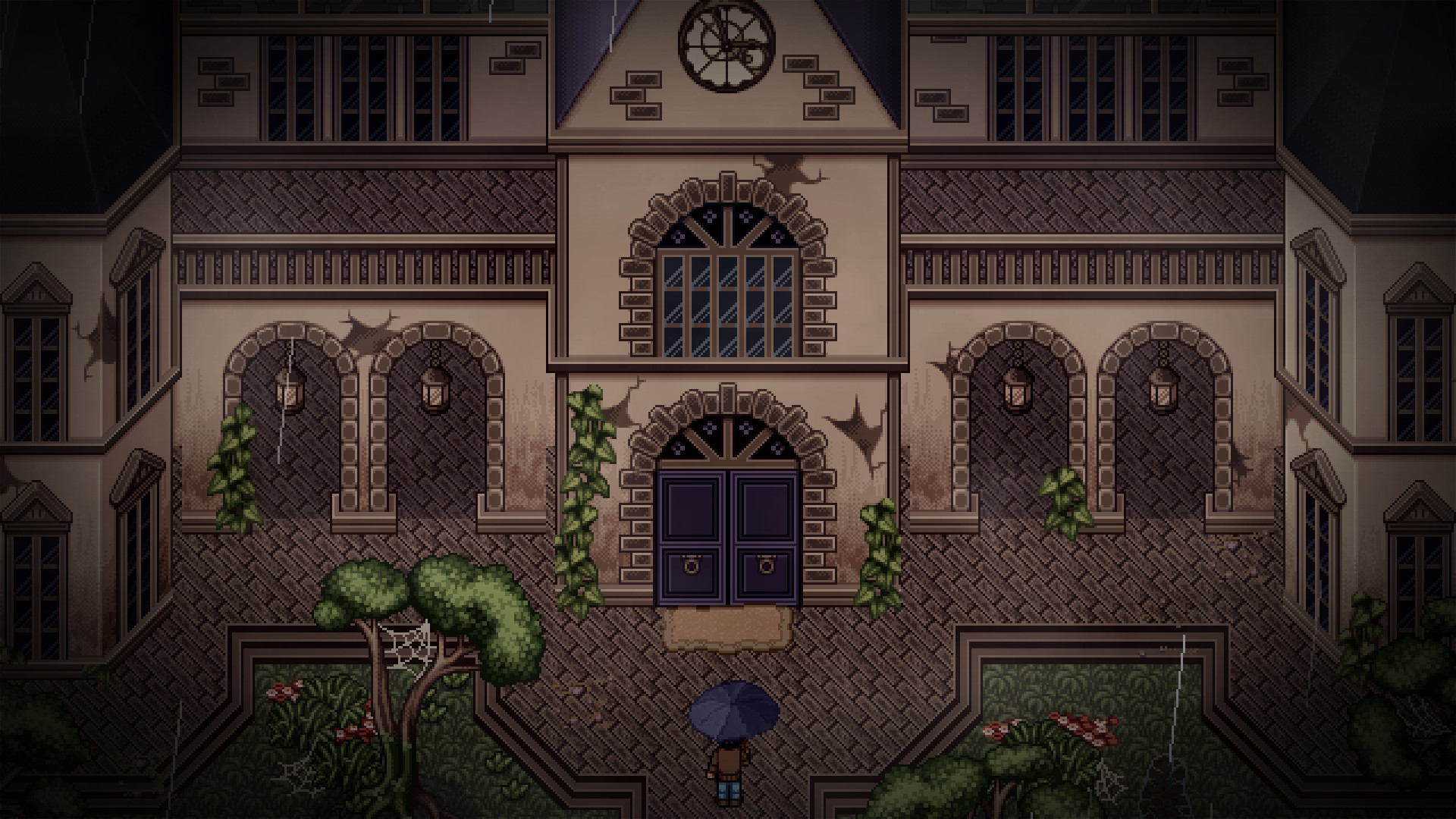
Interested? Then go ahead!
Kan Gao, the developer of Impostor Factory, is known for his previous projects. To The Moon and Encontrando el paraíso (And a few smaller ones, but these are the main ones). To The Moon and Finding Paradise tell the story of two doctor partners, Eva Rosalene and Neil Watts. The guys are engaged in an unconventional business in the near future world: they alter human memories. How? With the help of the Wish Fulfillment Agency, it became possible! But, unfortunately, since changing human memory is a complex and fraught with undesirable consequences thing, wishes are only fulfilled for terminally ill patients, for example.
But – absolutely any wishes. For example, if a person wishes to fly to the Moon – please. His memories will be altered according to the contract. He will die with a full awareness of having lived a life working at NASA, having a career as an astronaut, and seeing the Earth from orbit. No problems.
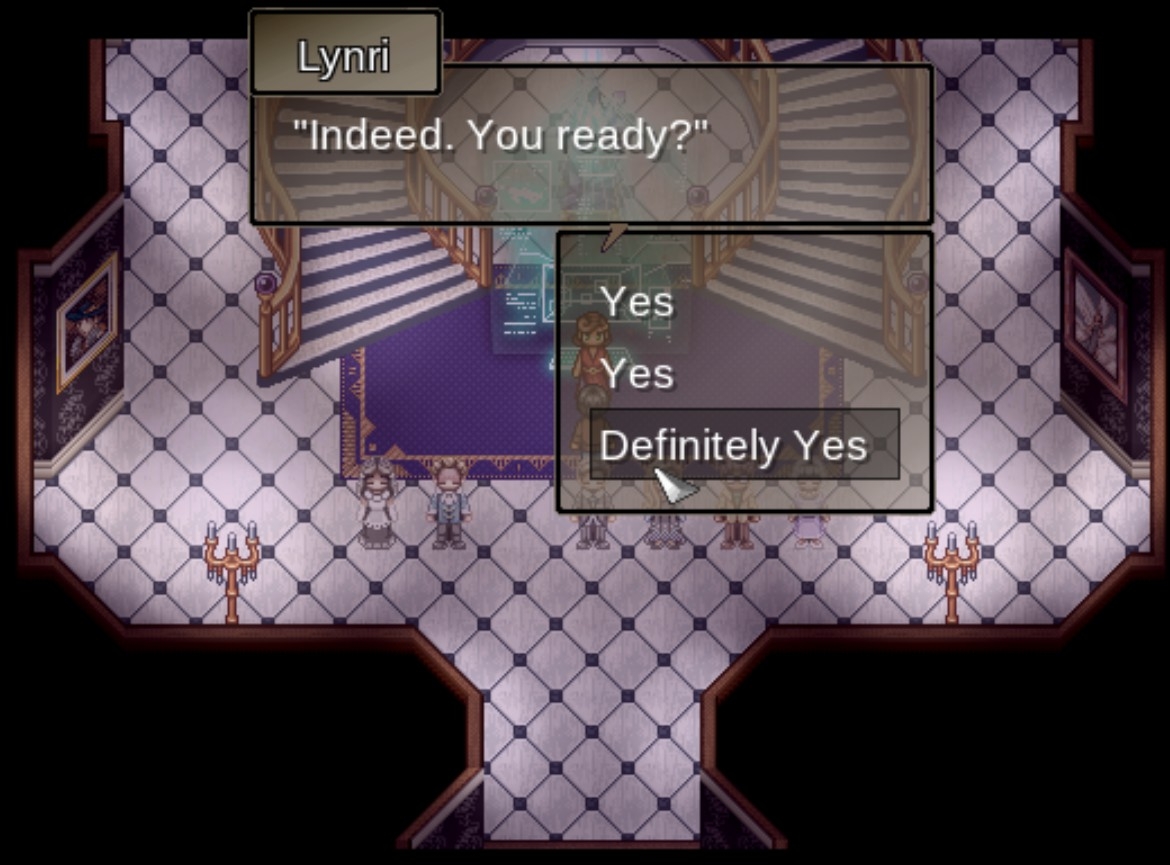
Impostor Factory introduces us to a new protagonist – Quincy, the same slacker who decided to attend a suspicious party in the woods. But the plot immediately captivates us from the beginning, not letting go, gradually unfolding and reaching its peak. By the end, you will be wide-eyed because everything that was in the beginning will seem so insignificant and unimportant. But if desired, you can replay it to see the subtle hidden keys that were there from the start!
The series’ classic – a journey through someone else’s memories, collecting fragments of memory to ultimately see the full picture of the situation. It’s here too, although slightly different from usual. It’s maximally linear, without any puzzles: it’s impossible to make a mistake, just move forward and collect the glowing event orbs. Of course, we start with the earliest memories and move towards the latest, so the intrigue becomes clear only later on. But when it does…
There’s no need to talk about the graphics. It’s there – and that’s enough, it’s much better than many modern creations of trendy indie-pixel-retro stylists. We love the To The Moon series not because of the graphics. Although it is undoubtedly detailed and cute in its own unique way.
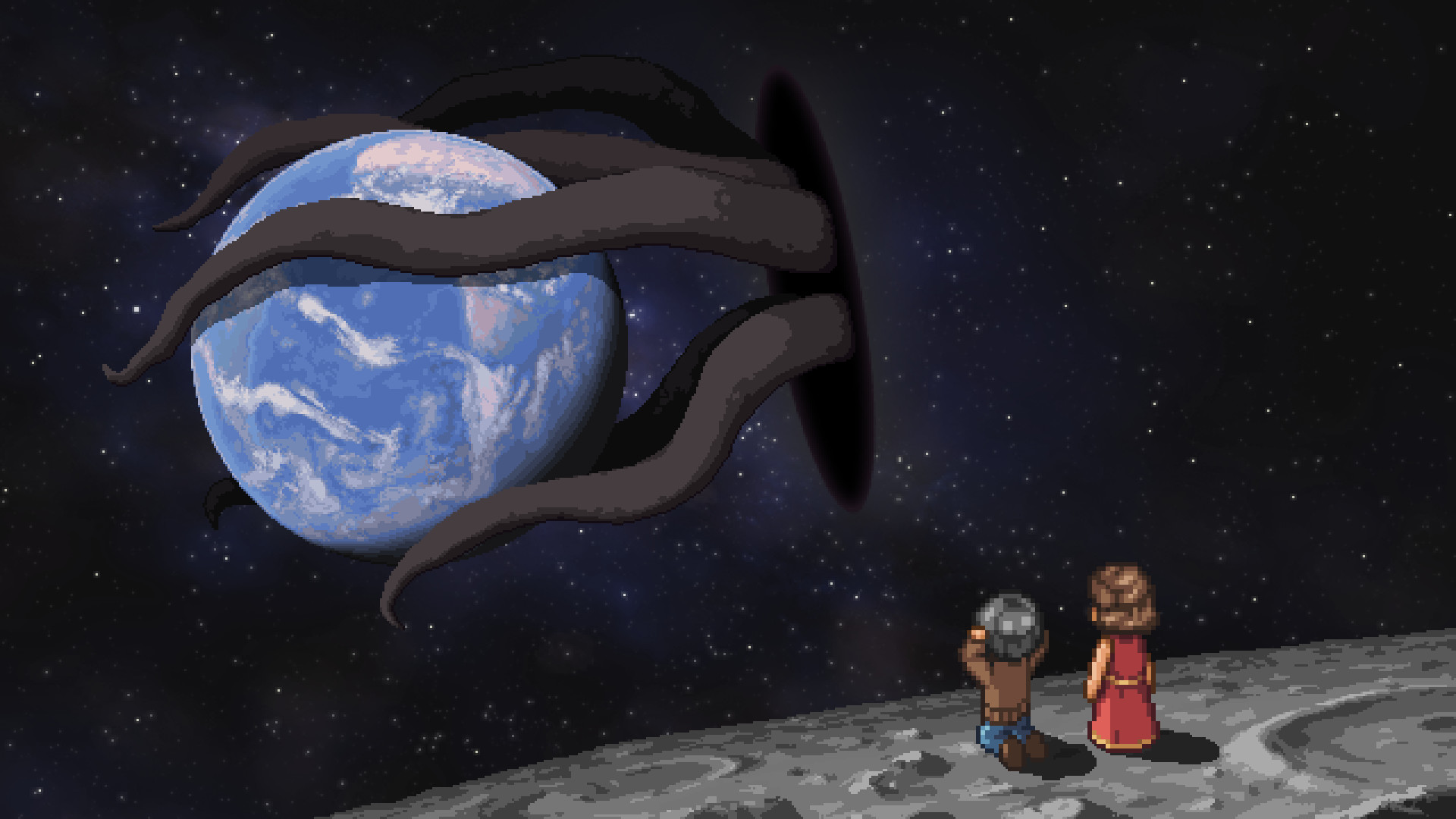
There is a fun bonus for achievement hunters: the only achievement is for completing the game!
Important: on the Steam game page, it is stated that playing the author’s previous releases, To the Moon and Encontrando el paraíso, not necessary. This, to put it mildly, is not true. If you start right away with Impostor Factory, you risk not understanding the subtext of half of the plot and blinking in confusion while the second half passes you by. Play the first two parts first, they are worth it, 100%, a lifelong guarantee.
You may have already noticed that the first two letters of the game’s title form a simple IF? “If”. It’s not for nothing, there are no random things in the game at all. “If” is such a banal word. If something in our life went differently, if you turned right instead of left on some path, went to a different institute, took a different job, met a different person, made a different choice… how would your life have turned out? Empty, you might say, why worry about the unrealized. But here is reality.
But what is reality, really? The only reality for us is the one in which we live, the one we perceive, isn’t it true?
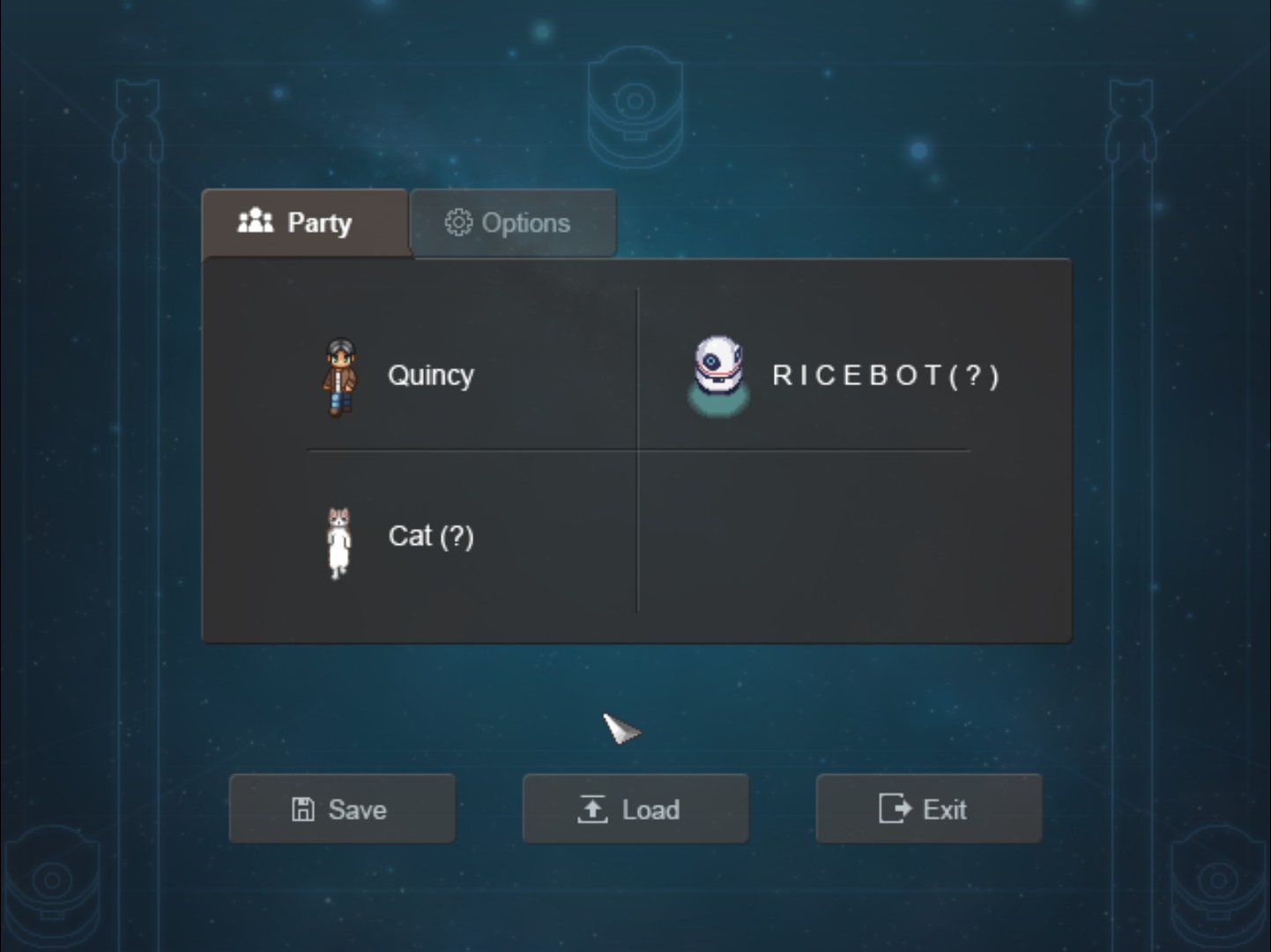
Of course, all of Kan Gao’s works are technically visual novels, although they are not made on a visual novel engine; they are game-books; stories, the entire gameplay of which revolves around the plot. But this plot is of such supernatural power, such insane complexity, that it is simply impossible to tear oneself away from it.
These are stories that make even tough veterans of BFG and sniper rifles frown, laugh, cry, empathize, and rejoice for the heroes. It’s no wonder that the tag Emotional is on Steam. Touching, heartwarming, genuine. Those very games that are art.
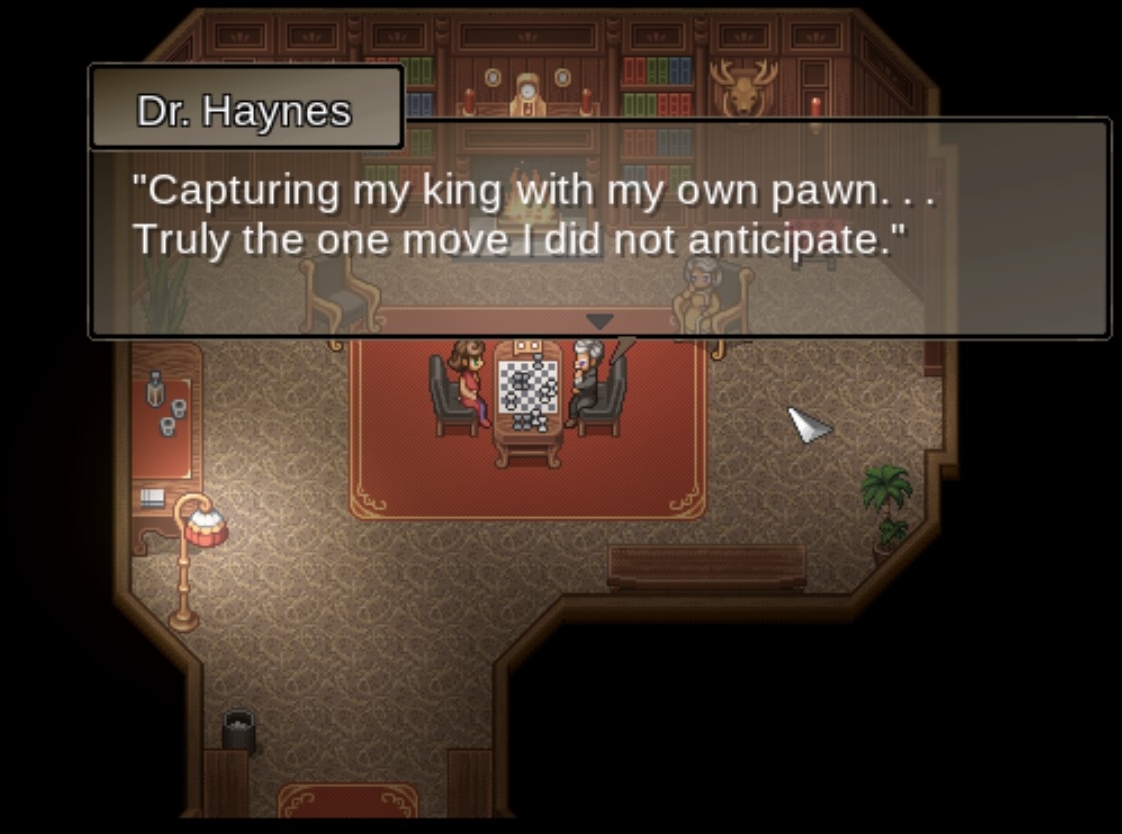
Share
Discuss
More Reviews


